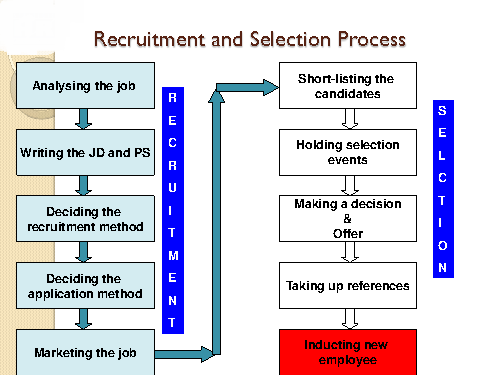Getting it Wrong
 In an attempt to check the robustness of security procedures at British airports, Anthony France, a reporter for The Sun newspaper, obtained a job as a baggage handler with a contractor subsequently named by the newspaper. In the course of his selection, France gave bogus references, and provided a fake home address and bank details. Throughout the selection process he lied about his past while details of his work as an undercover journalist were available on the Internet.
In an attempt to check the robustness of security procedures at British airports, Anthony France, a reporter for The Sun newspaper, obtained a job as a baggage handler with a contractor subsequently named by the newspaper. In the course of his selection, France gave bogus references, and provided a fake home address and bank details. Throughout the selection process he lied about his past while details of his work as an undercover journalist were available on the Internet.
France then proceeded to take fake explosive material onto a holiday jet airliner at Birmingham International Airport. This case provides a good, albeit extreme, example of the possible consequences of flawed selection procedures, or as happened here, when agreed practices, such as checking personal details, are not put into effect. Such consequences are potentially wide-ranging and veer from the trivial and comic to possibly tragic outcomes. One can certainly reasonably anticipate many of the negative outcomes listed below to follow when the predictions made about a candidate for employment fail to be borne out.
It is undoubtedly true that recruitment and selection strategies and practices have important consequences for all concerned, so what are the keys to maximising the chances of effective recruitment and selection?
Source: Leading, Managing and Developing People, 3rd ed. by Gary Rees & Ray French, 2010, CIPD
Answer the following questions:
- Why the management failed to identify who Anthony France is during the interview sessions?
- How to overcome the problem mentioned above?
- What are the other selections methods the management can use to hire the "right" person for the right job?
